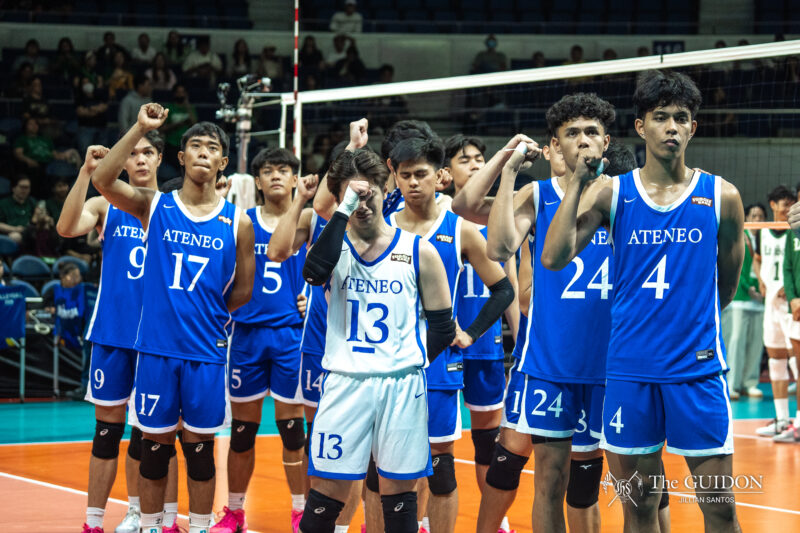That is the Latin equivalent of “Faster, Higher, Stronger,” the Olympic motto that was introduced back in 1924, when the world sent their best to Paris for the Games. Coined by Henri Didon, a Dominican priest, this dictum embodies what all athletes aim for. After all, upon the creation of the International Olympic Committee in 1894, Pierre de Coubertin recalled, “The most important thing is not to win but to take part!”
And taking part is something the Philippine Team has been doing for the longest of times. However, involvement in the medal tally is a different story altogether.
Since 1928, the Philippines has only racked up a grand total of nine medals: two bronzes from track and field (Simeon Toribio and Miguel White), while another two bronzes came from swimming (both from Teofilo Yldefonzo). The remaining five came from boxing, comprising of three bronzes (Jose Villanueva, Leopoldo Serantes and Roel Velasco) and two silvers (Anthony Villanueva and Mansueto “Onyok” Velasco). Velasco’s silver in 1996 would be the Philippines’ last taste of a medal as they returned home from the past two Olympic Games unadorned and with some controversy over the lack of support given to the athletes competing.
After Pambansang Kamao Manny Pacquiao plays his part as the Official Flag Bearer of the Philippines in the opening rites, the Philippines has another golden opportunity (pun intended) to end their now 12-year-old medal drought. However, with participation in only six sports – archery, boxing, diving, shooting, swimming, and taekwondo – optimism of finally striking the elusive gold is held in check.
In a recent report by ABS-CBN News, Philippine Sports Commission Chairman William Ramirez mentioned that the country’s focus is centered on martial arts, specifically on boxing and taekwondo. The lofty expecations for Harry Tañamor, Tshomlee Go, and Atenean Antoinette Rivero are definitely off the charts, as it has been with all the athletes who came up short before them.
Fast forward to the 2012 London Olympics. Sports officials are planning to send the top Filipino athletes to train in China over the United States and Australia, owing to the fact that these players receive “quality training at a fair price,” according to Ramirez. A good move, as China is lauded for valuing its athletes and the pride attached with upholding the country’s name. A moral the entire Philippine nation would be wise to take under its wing. That said, these delegates must focus on the short-term goal fast approaching.
To point out the discrepancy between the Philippines and China, the host country is hell bent on winning the most number of gold medals after their “disappointing” second place finish behind the United States and a “crushing” third place in the overall medal tally behind the United States and Russia back in 2004 Athens Olympics. What is deemed as failure for China would be a blinding and unfathomable success to the entire Philippine sports scene. With 302 events in 28 sports, competition will truly be fierce and unrelenting.
One World. One Dream. For the Philippines, it’s all about getting at least One Gold.






